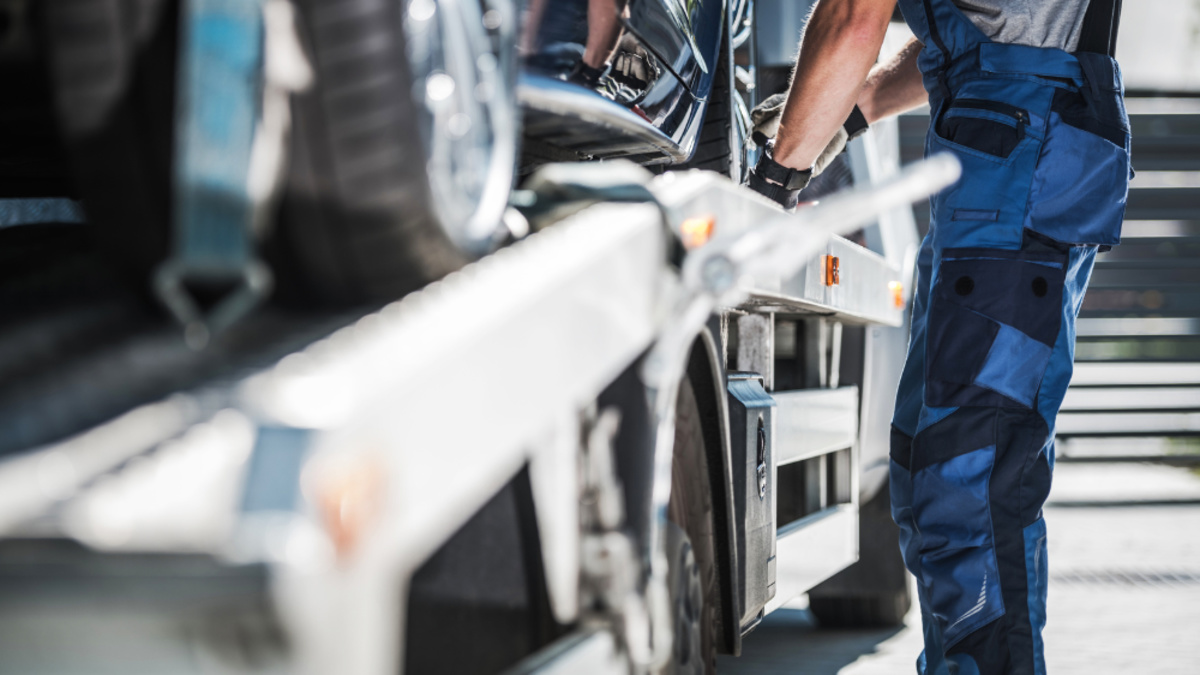What Happens to a Car in Bankruptcy?

Joy Wallet is advertiser-supported: we may earn compensation from the products and offers mentioned in this article. However, any expressed opinions are our own and aren't influenced by compensation. To read our full disclosure, click here.
What is bankruptcy?
- Relieve $25k+ in credit card debt or personal loan debt with this special relief program.
- TurboDebt has a Trustpilot rating of 5/5 based on 1288 reviews
- Subject to qualification and approval. $1,500 monthly income required.
- Apply in 5 minutes. If you qualify, chat online with a friendly online debt representative.
What happens to a car in bankruptcy?
Chapter 7 bankruptcy
Chapter 13 bankruptcy
Ways to protect your car during bankruptcy
- Determine equity: Calculate the equity in your car and compare it to the exemption allowed in your state. Equity is more likely to be protected if it falls within the exemption limits.
- Reaffirmation: In Chapter 7 bankruptcy, you may opt to reaffirm the car loan, which allows you to keep the vehicle by agreeing to continue making payments.
- Redemption: Another option in Chapter 7 bankruptcy is redemption, where you can buy the car's current market value in one lump sum payment or through a redemption loan.
- Consult with an attorney: Seek the counsel of a bankruptcy attorney who can guide you through the process and help you navigate the complex rules and regulations governing car ownership in bankruptcy.
- Relieve $25k+ in credit card debt or personal loan debt with this special relief program.
- TurboDebt has a Trustpilot rating of 5/5 based on 1288 reviews
- Subject to qualification and approval. $1,500 monthly income required.
- Apply in 5 minutes. If you qualify, chat online with a friendly online debt representative.
FAQs
Pros and cons
- Immediate relief from creditor harassment and collection efforts.
- A chance for a fresh financial start.
- Protection from foreclosure, repossession, and wage garnishment.
- Ability to reorganize and manage debts in an organized manner.
- Negative impact on credit score and credit report.
- Possible loss of assets in Chapter 7 bankruptcy.
- Bankruptcy filing becomes a matter of public record.
- Limited access to credit in the short term.
- Relieve $25k+ in credit card debt or personal loan debt with this special relief program.
- TurboDebt has a Trustpilot rating of 5/5 based on 1288 reviews
- Subject to qualification and approval. $1,500 monthly income required.
- Apply in 5 minutes. If you qualify, chat online with a friendly online debt representative.
The bottom line
Joy Wallet is an independent publisher and comparison service, not an investment advisor, financial advisor, loan broker, insurance producer, or insurance broker. Its articles, interactive tools and other content are provided to you for free, as self-help tools and for informational purposes only. They are not intended to provide investment advice. Joy Wallet does not and cannot guarantee the accuracy or applicability of any information in regard to your individual circumstances. We encourage you to seek personalized advice from qualified professionals regarding specific investment issues. Featured estimates are based on past market performance, and past performance is not a guarantee of future performance.
Our site doesn’t feature every company or financial product available on the market. We are compensated by our partners, which may influence which products we review and write about (and where those products appear on our site), but it in no way affects our recommendations or advice. Our editorials are grounded on independent research. Our partners cannot pay us to guarantee favorable reviews of their products or services.
We value your privacy. We work with trusted partners to provide relevant advertising based on information about your use of Joy Wallet’s and third-party websites and applications. This includes, but is not limited to, sharing information about your web browsing activities with Meta (Facebook) and Google. All of the web browsing information that is shared is anonymized. To learn more, click on our Privacy Policy link.
Images appearing across JoyWallet are courtesy of shutterstock.com.








